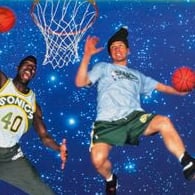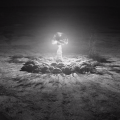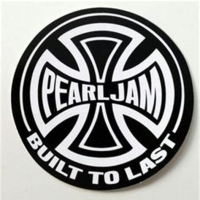"Painted Shield" a new album by Stone Gossard and Mason Jennings
Comments
-
Got one! Really excited for this after listening to Stone on Sirius yesterday.0
-
-
Just doing curbside for now. Too bad. This used to be a (sort of) local.Father Hubbard said:I SAW PEARL JAM0 -
Ah damn, sorry, I just checked to see if it would add to cart before postingdankind said:
Just doing curbside for now. Too bad. This used to be a (sort of) local.Father Hubbard said:0 -
Edit: Sorry this link is now gone
Post edited by WSUFreak on0 -
Just had it disappear from my Rough Trade cart.I SAW PEARL JAM0
-
Anyone have any other links where it is still available online?0
-
Just bought it here: https://jackpotrecords.com/rsdbf/paintedshield0
-
Bull Moose locations that still have Painted Shield vinyl copies for sale, in store. Lewiston, Porstmouth & Sanford.
0 -
-
-
This album is full of instantly memorising tunes and lyrics! :clap: A very groovy release overall!
 Standout songs for me:
Standout songs for me:- Knife Fight (that bass line is an instant reminder of Jeff Ament's War In Your Eyes)
- On The Level
- Time Machine
- Painted Shield
Athens 2006 / Milton Keynes 2014 / London 1&2 2022 / Seattle 1&2 2024 / Dublin 2024 / Manchester 2024 / New Orleans 20250 -
Only CD quality available so far.
0 -
I wasn’t able to pick one up at my local record store, but I found one online. Now the wait.0
-
Up! Painted Shield [RSD BF 2020] https://easystreetonline.com/UPC/195081933634
0 -
+1 from easystreet , winging its way over to Scotland0
-
demetrios said:Up! Painted Shield [RSD BF 2020] https://easystreetonline.com/UPC/195081933634
The autographed poster is for in-store shoppers only.
0 -
That's not nice0
Categories
- All Categories
- 149.2K Pearl Jam's Music and Activism
- 110.3K The Porch
- 287 Vitalogy
- 35.1K Given To Fly (live)
- 3.5K Words and Music...Communication
- 39.4K Flea Market
- 39.4K Lost Dogs
- 58.7K Not Pearl Jam's Music
- 10.6K Musicians and Gearheads
- 29.1K Other Music
- 17.8K Poetry, Prose, Music & Art
- 1.1K The Art Wall
- 56.8K Non-Pearl Jam Discussion
- 22.2K A Moving Train
- 31.7K All Encompassing Trip
- 2.9K Technical Stuff and Help










